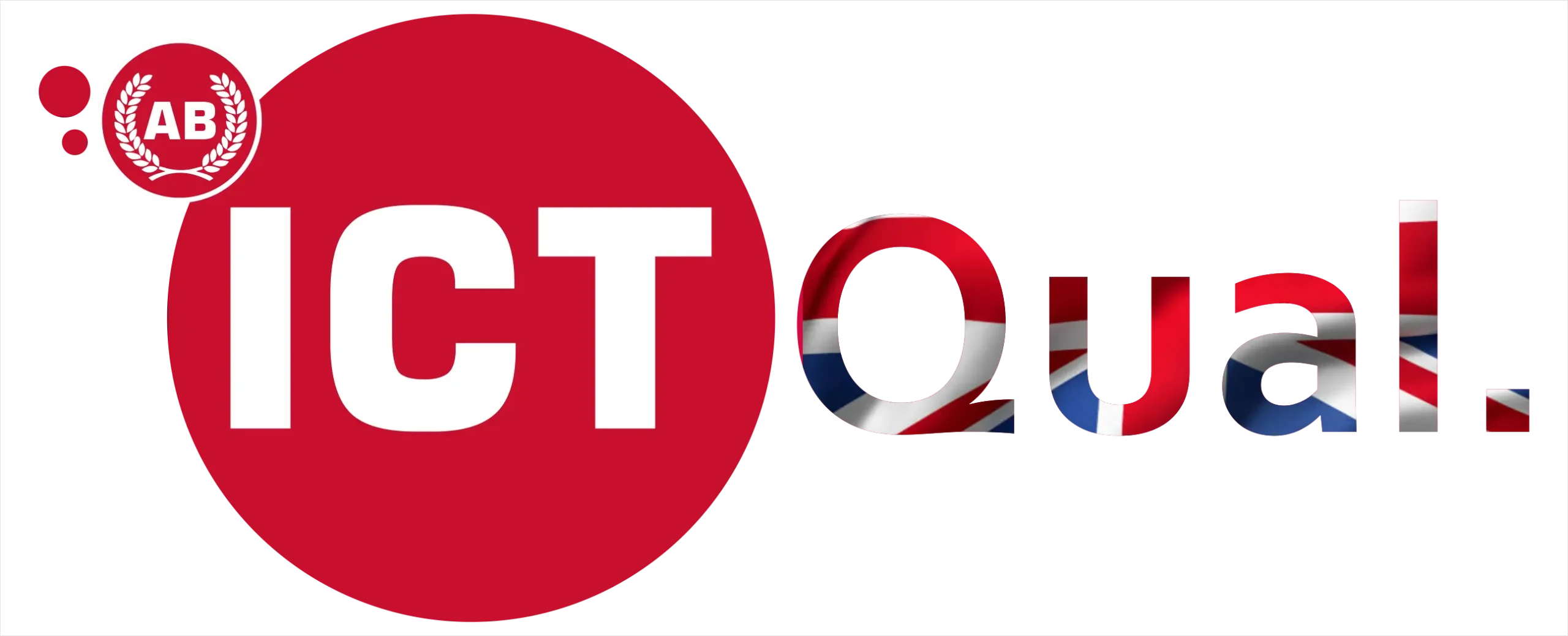ICTQual Certificate in Certified Resistance Welding Technician (CRWT) (Refresher)
In the fast-paced world of manufacturing and industrial engineering, staying updated with the latest advancements and techniques is crucial for professionals. One such certification that stands out in the field of resistance welding is the ICTQual Certificate in Certified Resistance Welding Technician (CRWT) (Refreshers). This credential is designed not only to validate skills but also to ensure that professionals are equipped with the knowledge to excel in their roles.
The Certified Resistance Welding Technician (CRWT) certification offered by ICTQual is tailored for professionals who specialize in resistance welding processes. Whether you’re involved in automotive manufacturing, aerospace, or any industry that relies on precise and efficient joining methods, this certification holds significant value.
Technology and techniques in resistance welding are constantly evolving. What might have been best practices a few years ago could be outdated today. That’s where the CRWT Refreshers come into play. These courses are designed to update certified technicians with the latest industry standards, innovations, and safety protocols. By participating in refreshers, technicians ensure that their skills remain current and aligned with industry requirements.
The ICTQual Certificate in Certified Resistance Welding Technician (CRWT) (Refreshers) is more than just a certification; it’s a commitment to excellence in the field of resistance welding. By investing in refreshers, professionals not only maintain their edge but also contribute to higher standards of quality and efficiency in industrial manufacturing.
Certificate in Certified Resistance Welding Technician (CRWT) (Refresher)
Entry requirements for an ICTQual Certificate in Certified Resistance Welding Technician (CRWT) (Refresher) may vary depending on the institution offering the program. However, typical entry requirements for such a course may include:
Learning Outcomes for the Study Units:
Advanced Welding Techniques
Upon completing the advanced welding techniques unit, participants will:
- Demonstrate proficiency in implementing advanced settings and parameters on welding machines.
- Apply innovative welding methods to enhance efficiency and precision in resistance welding processes.
- Integrate robotics and automation effectively to optimize welding operations.
Quality Control and Assurance
By the end of the quality control and assurance unit, participants will be able to:
- Implement rigorous inspection procedures to maintain high standards of weld quality.
- Apply quality assurance techniques to ensure compliance with industry standards and regulations.
- Uphold consistent quality in resistance welding through systematic monitoring and improvement.
Safety Protocols
Upon completing the safety protocols unit, participants will:
- Identify potential hazards in resistance welding environments and assess associated risks.
- Implement appropriate safety measures and adhere to personal protective equipment (PPE) requirements.
- Execute emergency procedures effectively to ensure a safe working environment for all personnel.
Troubleshooting and Maintenance
After completing the troubleshooting and maintenance unit, participants will:
- Diagnose and resolve common issues encountered in resistance welding equipment.
- Perform scheduled maintenance tasks to optimize equipment performance and reliability.
- Implement preventive measures to minimize downtime and maximize operational efficiency.
The ICTQual CRWT (Refreshers) program equips participants with advanced skills and knowledge essential for maintaining excellence in resistance welding. By focusing on advanced welding techniques, quality control, safety protocols, and equipment maintenance, the program ensures that professionals are prepared to meet industry demands and contribute effectively to their organizations.
Future Progression for ICTQual Certificate in Certified Resistance Welding Technician (CRWT) (Refresher):
1. Specialization in Advanced Welding Technologies
Technicians can further specialize in advanced welding technologies, such as laser welding, ultrasonic welding, or friction stir welding. These specialized techniques often require additional training and certification, enabling technicians to become experts in niche areas of welding technology.
2. Leadership and Supervisory Roles
With experience and advanced knowledge gained through the CRWT (Refresher) program, technicians can progress into leadership positions, such as welding supervisors or production managers. These roles involve overseeing welding operations, ensuring compliance with quality standards, and managing teams of welding technicians.
3. Continuous Learning and Professional Development
The field of resistance welding is constantly evolving with new technologies and techniques. Certified technicians can continue their professional development by attending workshops, seminars, and advanced training courses. This ongoing learning ensures they stay updated with industry trends and maintain their competitive edge.
4. Consulting and Technical Advisory Services
Experienced CRWT technicians may choose to offer consulting services to manufacturing companies. They can provide expert advice on welding processes, troubleshoot welding-related issues, and recommend improvements to enhance productivity and quality.
5. Research and Development
For technicians interested in innovation and pushing the boundaries of welding technology, a career path in research and development (R&D) may be suitable. Working in R&D involves conducting experiments, testing new welding techniques, and developing novel applications for resistance welding in various industries.
The ICTQual CRWT (Refresher) certification not only validates technical proficiency in resistance welding but also catalyzes career growth and advancement. By pursuing specialized roles, leadership opportunities, continuous learning, consulting, or research and development, certified technicians can carve out fulfilling and impactful careers in the dynamic field of resistance welding.
